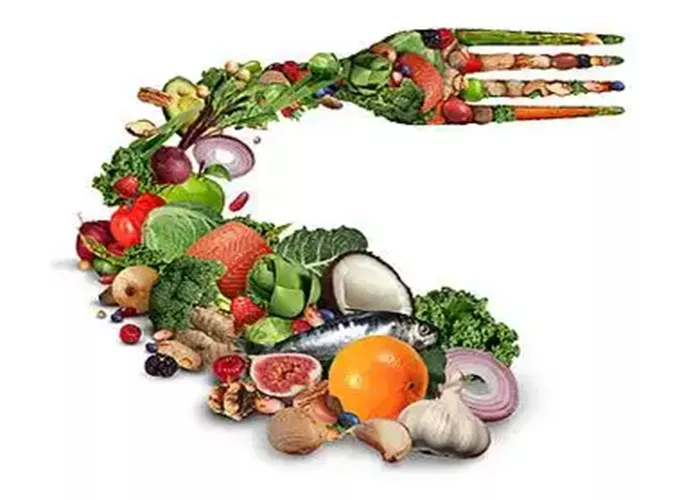When it comes to fat loss, what you eat matters—but some foods often considered “bad” may actually help you achieve your health and weight loss goals. Certain foods like pasta, nuts, and even fruit often face criticism in diet circles, but the truth is, they don’t have to be avoided. Here are six foods that dietitians suggest might help reduce visceral fat, even though they’re commonly thought to be “bad.”
1. Avocados
Avocados are a rich source of unsaturated fats, which can aid in visceral fat loss. Studies show mixed results—some find a reduction in visceral fat from daily avocado consumption, while others see no change. However, dietitians like Anna Rosell, RD, recommend incorporating foods rich in mono- and polyunsaturated fats, such as avocados, olive oil, nuts, and fatty fish. These foods have proven health benefits, including improved blood cholesterol and heart health, and may influence body fat distribution.
2. Full-Fat Dairy
Full-fat dairy is often controversial when it comes to weight loss, but it may not be as harmful as many think. In fact, studies have shown that incorporating full-fat dairy into the diet could be linked to a lower risk of abdominal obesity—an indicator of excess visceral fat. Full-fat dairy products, such as whole milk and yogurt, contain fats that contribute to satiety, and the protein in dairy can help control hunger. A balanced intake of dairy may support both fat loss and overall health.
3. Nuts
Nuts, including almonds, walnuts, and pecans, are often shied away from due to their high-calorie content, but they are nutrient-dense and beneficial for fat loss. Nuts are rich in fiber, protein, and heart-healthy fats, making them a good option for healthy snacks. Research suggests that a diet rich in fiber, especially from tree nuts, is associated with a reduction in visceral fat. For example, swapping carbohydrate-rich snacks for nuts can help reduce waist circumference and promote healthier body composition.
4. Popcorn
Popcorn may not immediately come to mind when thinking of fat-burning foods, but compared to other common snacks, it’s an excellent choice. A serving of plain popcorn contains approximately 4 grams of fiber and just 110 calories for 3 cups, making it lower in calories and higher in fiber than options like potato chips. Fiber-rich foods are linked to healthy weight loss, as they help keep you feeling full longer. So, swapping your chips for popcorn could make a big difference in supporting fat loss goals.
5. Pasta
Pasta, especially whole grain or legume-based varieties, doesn’t need to be avoided for fat loss. It’s a great source of fiber, which helps increase satiety after meals, preventing overeating. Dietitian Daria Zajac, RD, LDN, recommends choosing pasta made from whole grains or legumes, as they provide fiber that supports gut health and keeps you fuller for longer. Opting for heart-healthy carbohydrates like these, along with fruits and vegetables, can promote long-term health and weight loss.
6. Fruit
Fruit is often avoided by those trying to lose weight due to its sugar content, but this is a myth. Fruits are packed with vitamins, minerals, and fiber, which are essential for weight loss and overall health. Studies have shown that higher fruit and vegetable intake is associated with reductions in visceral fat. Including a variety of fruits in your diet can boost fiber intake, support weight management, and provide important nutrients like vitamin C, potassium, and antioxidants.
The Bottom Line
Visceral fat is linked to a variety of health risks, and losing it requires a holistic approach. While food choices play a critical role, it’s important to understand that no single food can target visceral fat alone. Dietitians agree that even foods traditionally thought of as “bad” like full-fat dairy, fruit, and popcorn can contribute to fat loss when consumed as part of a balanced diet.
In addition to diet, achieving your fat loss goals involves other factors such as adequate sleep, stress management, and regular exercise. A mix of cardio, strength training, and daily movement like walking will help burn fat. Remember, it’s not about spot-reducing fat through exercises like sit-ups, but rather creating a caloric deficit through a balanced, nutrient-rich diet and active lifestyle to reduce visceral fat effectively.
Related Topics:
What Happens if Your Calorie Deficit Is Too Low


